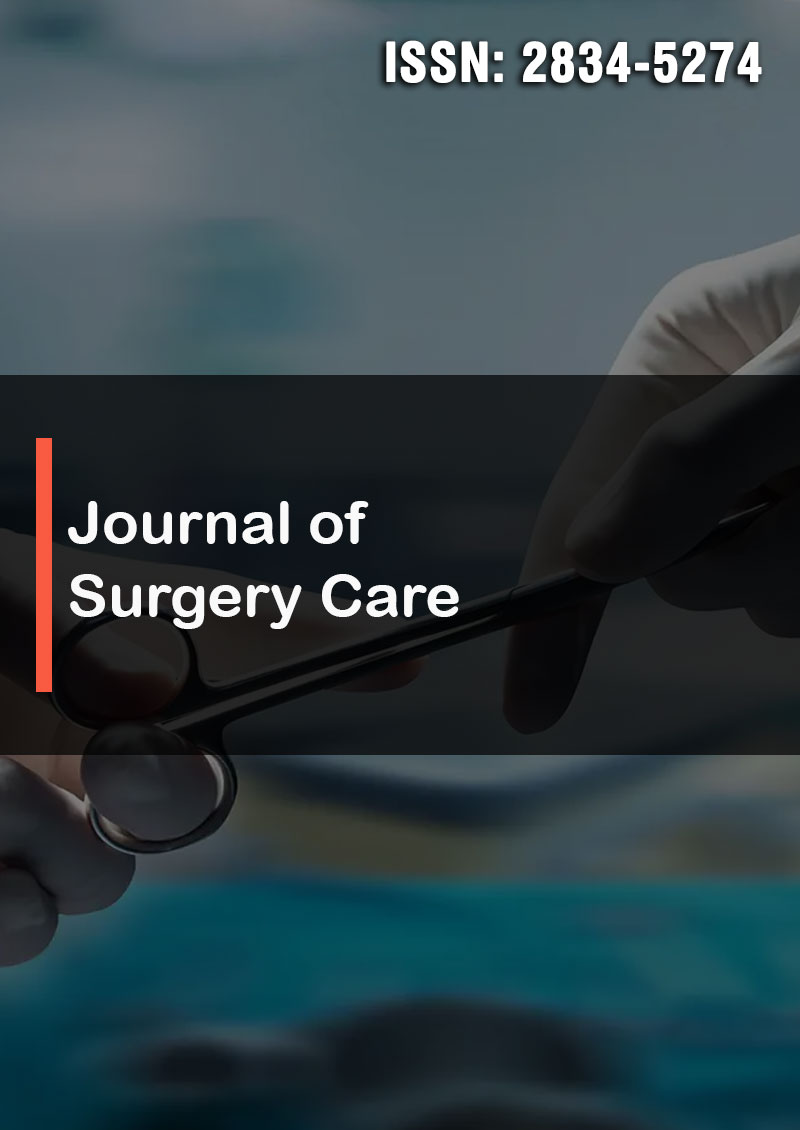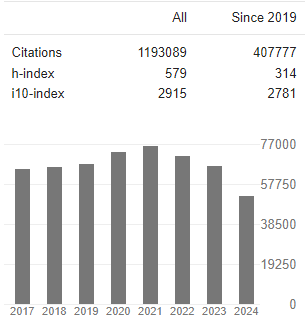Knowledge Regarding Surgical Site Infection Among Post-Operative Bariatric Surgical Patients in Al Ahsa City
Abstract
Al Shaikh Hanan Ahmad, Balaji Rama Naik, Alsalameen Ahlam A, Alkhuwaytim Ridha A, Alsaleh Azhar Hashim T, Alsalman Batool A, Alethan Anwar M and Almusaulem Zahra J
Patient knowledge of surgical site infection (SSI) is essential for their safety and reduced complications. This study aimed to assess the knowledge and awareness of post-surgical site infections among post-bariatric surgical patients in Al Ahsa City. The research, conducted with 90 participants, revealed that Patient knowledge of surgical site infection is a fair level of knowledge (55.6%), while the remaining 44.4% exhibited a poor level of knowledge. Descriptive analysis provided insights into participants' personal data, education, work, previous surgery, and post- surgical infection. Notably, 65.6% of participants were not employed, and 44 (48.9%) had a history of previous operations, with 13 (14.4%) reporting experiences of post-surgery infections. Participants' knowledge and awareness of SSIs were also evaluated, with a majority demonstrating awareness of various SSI symptoms and preventive measures. Overall, 55.6% of participants exhibited a good level of knowledge and awareness about SSIs. Furthermore, the study highlighted healthcare professionals as the most commonly reported sources of information about post-surgical site infections. These findings emphasize the importance of tailored educational interventions to increase the level of knowledge and enhance patient understanding of SSI symptoms and preventive measures among post-bariatric surgical patients. The study underscores the significance of considering demographic and experiential factors in developing targeted patient education strategies to improve post-surgery infection awareness and promote patient safety and decreased the rate of readmission following bariatric surgery. Future research can explore the educational interventions such as the use of virtual clinic.
Background Patient knowledge of surgical site infection (SSI) is essential for their safety and reduced complications.
Literature Review An infection at the surgical site in a deep or superficial wound within 30 days of the surgery is called a surgical site infection. Emergency surgeries (p=0.0001), American Society of Anesthesiologists high index (47.4%), long duration of surgical procedures, stay in the hospital before surgery for more than 24 hours and age from 18 to 81 years were found to be important contributing factors for SSI in this article by [1].
Surgical site infection is the third most commonest infection in the hospital, found in up to 38% of surgical patients. The rate of mortality is 77%. About 93% of patients have severe infections at the site of operation [2]. Surgical site infections reported by a national survey conducted in England hospitals was 1807 cases among various specialties and procedures [3]. Moreover, 1.7%of 120 patients' surgical site infections in the last 5 years were reported by researchers in Riyadh (Alotaibi et al., 2020). A previous study found that surgical site infection is more common among obese patients undergoing abdominal surgery (p<0.001) [4].
Pseudomonas aeruginosa, Staphylococcus aureus, and coagulase-negative staphylococci were the most frequently isolated organisms in surgical sites (Julius et al., 2018). Surgical site infection is a life-threatening if not managed well. It can lead to various complications such as reoperation (36.2%) and readmission (49.7%). Moreover, SSI correlates with delayed discharge from the hospital by 34.1% [3]. A study done on the economic burden caused by SSI found that the median additional cost attributable to SSI was to the tune of 5,239 GBP in a 2-year study done in an NHS trust hospital [5]. Based on relevant practical guidelines, antimicrobial prophylaxis should be administered before surgical procedures and patients should take complete bath with or without antimicrobial soap. Before making a skin incision, clean the skin with an antiseptic solution. Avoid topical antimicrobial agents at the surgical incision after surgery [6]. Surgical site infection is one of the most commonly acquired infections at hospitals. Determination of knowledge of patients on SSI and symptoms may be useful in improving their awareness and safety after discharge. Therefore, in this study, we will evaluate patients' knowledge of SSI and its symptoms.





